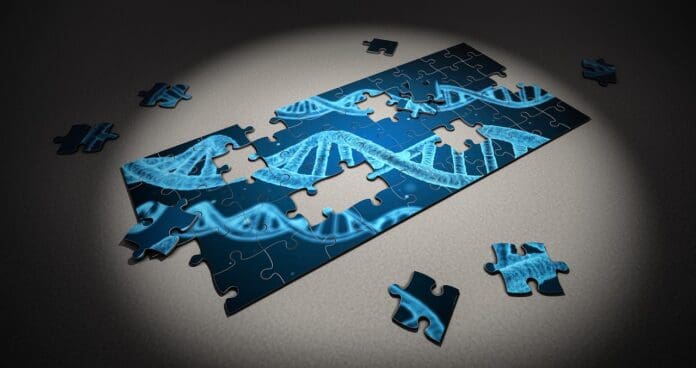This post is also available in:
 עברית (Hebrew)
עברית (Hebrew)
As global data production continues to grow at an unprecedented rate, conventional storage solutions are struggling to keep up. A recent development in biomolecular storage may offer a scalable, long-term alternative. Researchers from the Southern University of Science and Technology in China have created a prototype DNA-based storage cassette that could help address future data storage demands.
The concept builds on the natural properties of DNA as a medium for storing information. DNA is compact, chemically stable, and capable of storing vast amounts of data in a very small volume. A single human cell’s DNA, for example, could theoretically hold around 3.2 gigabytes of digital data—comparable to thousands of documents or multiple media files, according to TechXplore.
In a study published in Science Advances, the research team presented a new DNA storage architecture inspired by analog cassette tapes. They constructed the physical cassette from a polyester-nylon material and printed it with barcoded sections, functioning like directories or folders that allow data to be located efficiently.
A known challenge in previous DNA storage methods has been data retrieval—specifically, how to quickly locate and access the right segment of information. The barcode pattern used in this system helps address that by creating clearly defined, addressable zones along the tape.
To encode data, digital files are first converted into DNA sequences using the four standard bases—adenine (A), guanine (G), cytosine (C), and thymine (T)—in a process similar to binary code. The tape surface is then coated with a crystalline protective layer to preserve the integrity of the DNA over time.
To validate the system, the team encoded a digital image, stored it on the DNA cassette, and later retrieved it successfully with accurate results.
While still at the research stage, this approach could offer an energy-efficient, durable, and space-saving solution for long-term or infrequently accessed data. In large-scale applications such as data centers, it could reduce physical storage space and power consumption, replacing traditional infrastructure with a more compact alternative.
If further developed, DNA cassette technology could become part of the broader toolkit for sustainable data storage in the coming decades.


























